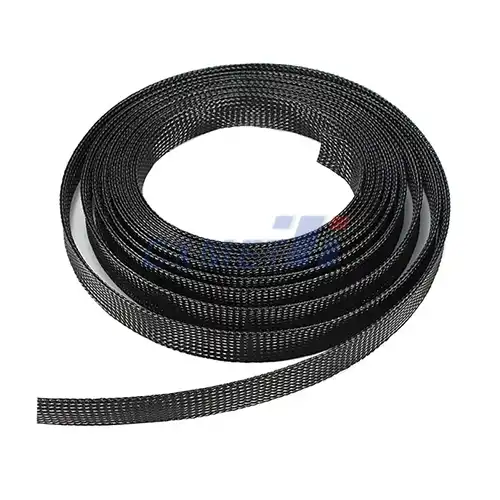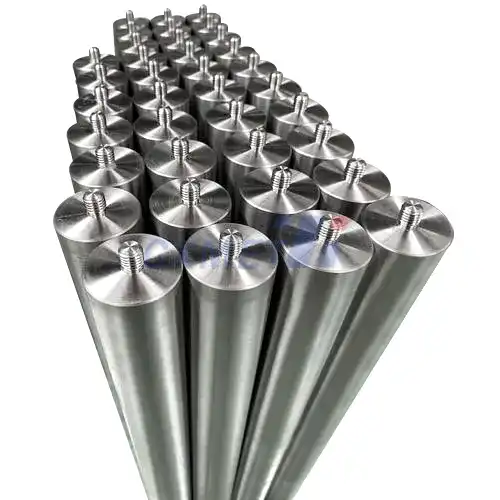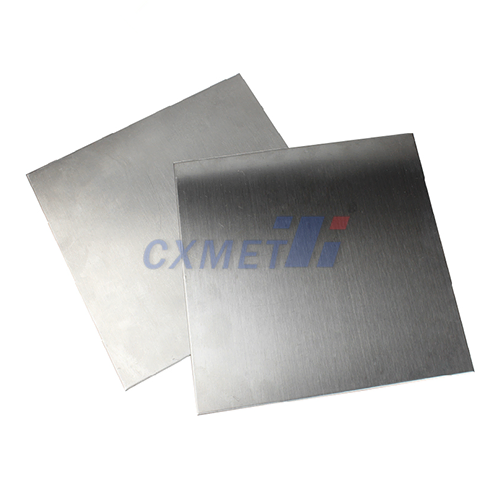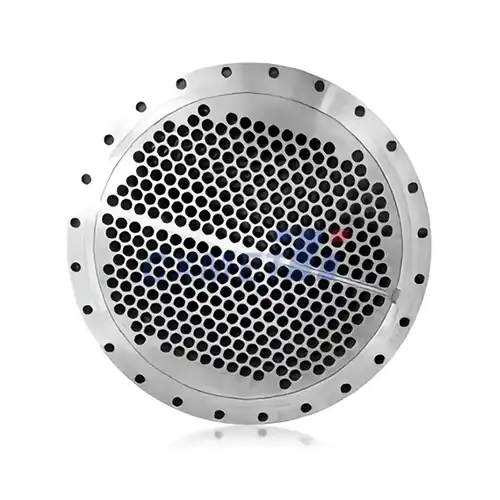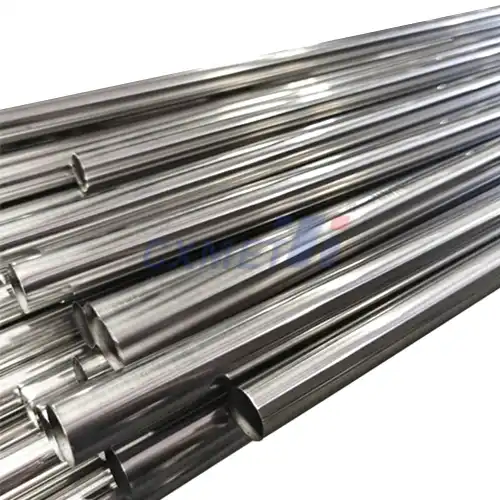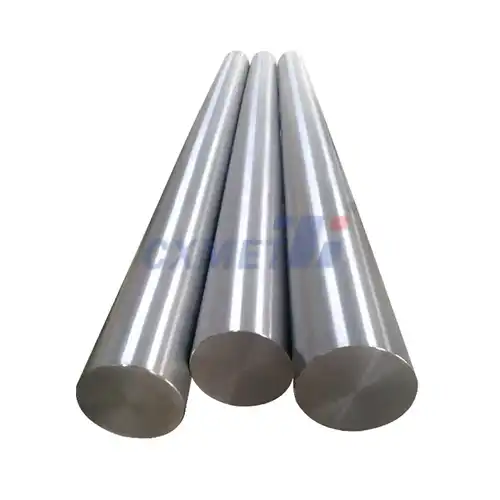- English
- French
- German
- Portuguese
- Spanish
- Russian
- Japanese
- Korean
- Arabic
- Greek
- German
- Turkish
- Italian
- Danish
- Romanian
- Indonesian
- Czech
- Afrikaans
- Swedish
- Polish
- Basque
- Catalan
- Esperanto
- Hindi
- Lao
- Albanian
- Amharic
- Armenian
- Azerbaijani
- Belarusian
- Bengali
- Bosnian
- Bulgarian
- Cebuano
- Chichewa
- Corsican
- Croatian
- Dutch
- Estonian
- Filipino
- Finnish
- Frisian
- Galician
- Georgian
- Gujarati
- Haitian
- Hausa
- Hawaiian
- Hebrew
- Hmong
- Hungarian
- Icelandic
- Igbo
- Javanese
- Kannada
- Kazakh
- Khmer
- Kurdish
- Kyrgyz
- Latin
- Latvian
- Lithuanian
- Luxembou..
- Macedonian
- Malagasy
- Malay
- Malayalam
- Maltese
- Maori
- Marathi
- Mongolian
- Burmese
- Nepali
- Norwegian
- Pashto
- Persian
- Punjabi
- Serbian
- Sesotho
- Sinhala
- Slovak
- Slovenian
- Somali
- Samoan
- Scots Gaelic
- Shona
- Sindhi
- Sundanese
- Swahili
- Tajik
- Tamil
- Telugu
- Thai
- Ukrainian
- Urdu
- Uzbek
- Vietnamese
- Welsh
- Xhosa
- Yiddish
- Yoruba
- Zulu
What are the Specifications of Titanium Rectangular Bar?
2024-08-15 17:07:28
Titanium rectangular bars are versatile and high-performance materials widely used in various industries due to their exceptional strength-to-weight ratio, corrosion resistance, and durability. These bars are manufactured to specific dimensions and grades, offering a range of properties suitable for diverse applications. Understanding the specifications of titanium rectangular bars is crucial for engineers, manufacturers, and designers to select the right material for their projects.
What are the common dimensions and tolerances for titanium rectangular bars?
Titanium rectangular bars are available in a wide range of dimensions to suit various applications. The most common dimensions include widths ranging from 0.25 inches (6.35 mm) to 12 inches (304.8 mm) and thicknesses from 0.125 inches (3.175 mm) to 6 inches (152.4 mm). The length of these bars can vary significantly, with standard lengths typically between 12 inches (304.8 mm) and 144 inches (3657.6 mm).
Tolerances for titanium rectangular bars are crucial for ensuring proper fit and function in different applications. The industry-standard tolerances for width and thickness are typically ±0.005 inches (±0.127 mm) for dimensions up to 1 inch (25.4 mm) and ±0.010 inches (±0.254 mm) for larger dimensions. Length tolerances are generally more relaxed, with ±0.125 inches (±3.175 mm) being common for most lengths.
It's important to note that custom dimensions and tighter tolerances can often be requested from manufacturers to meet specific project requirements. When selecting titanium rectangular bars, consider the following factors:
1. Application requirements: The intended use of the bar will dictate the necessary dimensions and tolerances.
2. Manufacturing process: Different production methods may affect the achievable tolerances and surface finish.
3. Cost considerations: Tighter tolerances and non-standard dimensions may increase production costs.
4. Material grade: The specific titanium alloy used can influence the achievable tolerances and dimensional stability.
Manufacturers typically offer detailed specification sheets for their titanium rectangular bars, which include information on available dimensions, tolerances, and material properties. It's advisable to consult these specifications and work closely with suppliers to ensure the selected bars meet all project requirements.
How do different grades of titanium affect the properties of rectangular bars?
The grade of titanium used in rectangular bars significantly influences their mechanical, physical, and chemical properties. Titanium is available in various grades, each with its unique composition and characteristics. The most common grades used for rectangular bars include:
1. Grade 1 (Commercially Pure Titanium): This grade offers excellent formability and corrosion resistance but has lower strength compared to alloyed grades. It's suitable for applications requiring high ductility and moderate strength.
2. Grade 2 (Commercially Pure Titanium): Similar to Grade 1 but with slightly higher strength and lower ductility. It's widely used in chemical processing equipment and marine applications.
3. Grade 3 (Commercially Pure Titanium): Offers higher strength than Grades 1 and 2 while maintaining good corrosion resistance. It's often used in pressure vessel applications.
4. Grade 4 (Commercially Pure Titanium): The strongest of the unalloyed grades, it provides a good balance of strength and formability. It's commonly used in aerospace and medical applications.
5. Grade 5 (Ti-6Al-4V): This is the most widely used titanium alloy, offering high strength-to-weight ratio and excellent corrosion resistance. It's extensively used in aerospace, automotive, and medical industries.
6. Grade 7 (Ti-0.2Pd): A palladium-enhanced grade with superior corrosion resistance, particularly in reducing acid environments. It's used in chemical processing and desalination plants.
7. Grade 23 (Ti-6Al-4V ELI): An extra-low interstitial version of Grade 5, offering improved ductility and fracture toughness. It's preferred for critical aerospace and medical implant applications.
The choice of titanium grade affects several key properties of rectangular bars:
1. Strength: Alloyed grades like Grade 5 offer significantly higher strength compared to commercially pure grades.
2. Ductility: Generally, commercially pure grades have higher ductility than alloyed grades, making them easier to form and shape.
3. Corrosion Resistance: All titanium grades offer excellent corrosion resistance, but some grades like Grade 7 provide enhanced performance in specific environments.
4. Temperature Resistance: Different grades have varying performance at elevated temperatures, with some maintaining strength better than others.
5. Weldability: Commercially pure grades are generally easier to weld than alloyed grades, which may require special techniques.
6. Machinability: Alloyed grades are typically more challenging to machine than commercially pure grades due to their higher strength and hardness.
7. Cost: Alloyed grades and specialty grades (like Grade 23) are generally more expensive than commercially pure grades.
When selecting a titanium grade for rectangular bars, consider the following factors:
1. Strength requirements of the application
2. Environmental conditions (temperature, chemical exposure)
3. Fabrication methods (welding, machining, forming)
4. Cost constraints
5. Regulatory requirements (especially for medical or aerospace applications)
It's crucial to work with experienced suppliers and manufacturers who can provide guidance on the most suitable grade for specific applications. They can offer insights into the performance characteristics of different grades and help optimize the selection based on project requirements and constraints.
What are the key applications and industries for titanium rectangular bars?
Titanium rectangular bars find applications across a wide range of industries due to their unique combination of properties. Some key applications and industries include:
1. Aerospace Industry:
- Structural components for aircraft and spacecraft
- Engine parts and turbine blades
- Fasteners and brackets
- Landing gear components
2. Medical Industry:
- Surgical instruments
- Implants (hip replacements, dental implants)
- Prosthetics
- Medical device components
3. Chemical Processing Industry:
- Heat exchangers
- Reaction vessels
- Pumps and valves
- Piping systems
4. Marine Industry:
- Propeller shafts
- Hull components
- Desalination equipment
- Offshore oil and gas equipment
5. Automotive Industry:
- Engine components (valves, connecting rods)
- Suspension systems
- Exhaust systems
- Racing car components
6. Energy Sector:
- Geothermal power plant components
- Nuclear reactor components
- Offshore wind turbine parts
- Solar panel frames
7. Sports and Recreation:
- Bicycle frames and components
- Golf club heads
- Tennis racket frames
- Climbing equipment
8. Architecture and Construction:
- Structural supports
- Decorative elements
- Roofing materials
- Fasteners and anchors
The versatility of titanium rectangular bars makes them suitable for various applications within these industries. Some key advantages that drive their use include:
1. High Strength-to-Weight Ratio: This property is particularly valuable in aerospace and automotive applications, where weight reduction is crucial for improved fuel efficiency and performance.
2. Corrosion Resistance: Titanium's excellent resistance to corrosion makes it ideal for marine environments, chemical processing, and medical implants.
3. Biocompatibility: The human body readily accepts titanium, making it an excellent choice for medical implants and surgical instruments.
4. Temperature Resistance: Titanium maintains its strength at elevated temperatures, making it suitable for engine components and heat exchangers.
5. Low Thermal Expansion: This property is beneficial in applications where dimensional stability is critical, such as in precision instruments and aerospace components.
6. Non-Magnetic Properties: Titanium's non-magnetic nature makes it useful in applications where magnetic interference must be minimized, such as in certain medical devices.
7. Aesthetics: The attractive appearance of titanium, combined with its durability, makes it popular in architectural and consumer product applications.
When selecting titanium rectangular bars for specific applications, consider the following factors:
1. Load-bearing requirements
2. Environmental conditions (temperature, chemical exposure, humidity)
3. Fatigue resistance needs
4. Fabrication methods (welding, machining, forming)
5. Regulatory compliance (especially in aerospace and medical applications)
6. Cost considerations
7. Long-term performance expectations
Collaborating with experienced titanium suppliers and manufacturers is essential to ensure the selection of the most appropriate grade and dimensions for specific applications. They can provide valuable insights into the performance characteristics of different titanium grades and help optimize the selection based on project requirements and constraints.
In conclusion, titanium rectangular bars offer a unique combination of properties that make them invaluable in various industries. Their specifications, including dimensions, tolerances, and material grades, play a crucial role in determining their suitability for specific applications. By understanding these specifications and working closely with knowledgeable suppliers, engineers and designers can harness the full potential of titanium rectangular bars in their projects, driving innovation and performance across multiple sectors.
At SHAANXI CXMET TECHNOLOGY CO., LTD, we take pride in our extensive product range, which caters to diverse customer needs. Our company is equipped with outstanding production and processing capabilities, ensuring the high quality and precision of our products. We are committed to innovation and continuously strive to develop new products, keeping us at the forefront of our industry. With leading technological development capabilities, we are able to adapt and evolve in a rapidly changing market. Furthermore, we offer customized solutions to meet the specific requirements of our clients. If you are interested in our products or wish to learn more about the intricate details of our offerings, please do not hesitate to contact us at sales@cxmet.com. Our team is always ready to assist you.
References:
1. ASTM International. (2021). ASTM B265 - Standard Specification for Titanium and Titanium Alloy Strip, Sheet, and Plate.
2. Leyens, C., & Peters, M. (Eds.). (2003). Titanium and titanium alloys: fundamentals and applications. John Wiley & Sons.
3. Donachie, M. J. (2000). Titanium: a technical guide. ASM international.
4. Boyer, R., Welsch, G., & Collings, E. W. (Eds.). (1994). Materials properties handbook: titanium alloys. ASM international.
5. Peters, M., Kumpfert, J., Ward, C. H., & Leyens, C. (2003). Titanium alloys for aerospace applications. Advanced engineering materials, 5(6), 419-427.
6. Rack, H. J., & Qazi, J. I. (2006). Titanium alloys for biomedical applications. Materials Science and Engineering: C, 26(8), 1269-1277.
7. Lütjering, G., & Williams, J. C. (2007). Titanium (engineering materials and processes). Springer.
8. Froes, F. H. (Ed.). (2015). Titanium: physical metallurgy, processing, and applications. ASM international.
9. Veiga, C., Davim, J. P., & Loureiro, A. J. R. (2012). Properties and applications of titanium alloys: a brief review. Reviews on advanced materials science, 32(2), 133-148.
10. Banerjee, D., & Williams, J. C. (2013). Perspectives on titanium science and technology. Acta Materialia, 61(3), 844-879.
